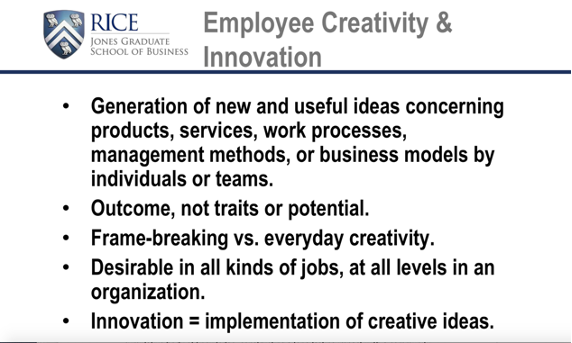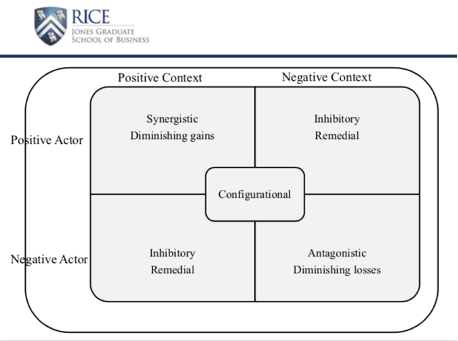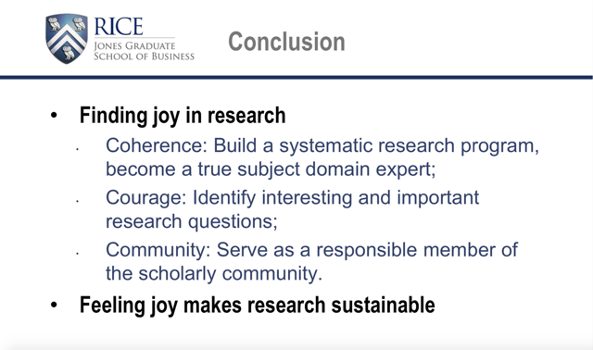讲座回顾|IACMR研究系列讲座第六期——周京
The sixth session of IACMR Research Seminar Series was launched on November 25 via Zoom. The speaker was Prof. Jing Zhou from Rice University. The topic of her speech was Finding Joy in Research. The webinar was hosted by Dr. Jia (Jasmine) Hu from the Ohio State University, she is the Co-chair of IACMR Research Committee. More IACMR Research Seminar sessions will be monthly delivered by scholars around the world.
In terms of the relation between ‘joy’ and ‘research’, Prof. Zhou started with the example of the couple Ugur Sahin and Özlem Türeci of BioNTech company to explain why she was going to talk about finding joy in research.
By using the Characteristics of the Self-Actualized of Maslow, Prof. Zhou pointed out three key words of finding joy in research: Coherence,Courage and Community

The first point is coherence. Prof. Zhou suggested that one should approach research to solve big puzzles, and aim to develop a coherent body of work. To do this, one should start with a big topic with a roadmap that has potential to identify a research program. The process of solving puzzles in designing studies is joyful. There will be frustrations, once one overcomes the obstacles and solve each puzzle, over times, that will bring a lot of joy. Not only find joy, their research career will also be sustainable.
The second point Prof. Zhou suggested is a researcher needs courage to take risks to identify a research topic which is not popular yet. If a topic is very well established, one has very limited opportunity to solve puzzles. To be courageous allows a researcher to be the first mover but not always be a follower.
To truly find joy in research, Prof. Zhou pointed out one needs to help to build a good scholarly community where allows collaborations among themselves and facilitate the others to do their best work, and to be willing to share what one has in terms of ideas, work together to find joy in research.
To explain the three points in detail, Prof. Zhou applied the case of her own project on employee creativity and innovation.

By Coherence, the study was a systematic research program. During the process, they have tried to create a coherent body of work. The papers included in the study were trying to solve one puzzle, that is what behaviors would be suitable for managers in facilitating employees’ creativity. By Courage, she identified broader topics that might not be widely accepted. She has expanded the field by bridging micro-macro. By Community, she and her co-authors have tried to create cumulative body of knowledge by shaping the literature and redirecting the field, they help the community to do more and better works, which is very rewarding and joyful.

Prof. Zhou also shared overview of four studies about individual differences in creativity, this table summarizes previous research, and most importantly, shows how individuals and contexts work together to promote creativity with the different kinds of nature of interaction.
When follow the formular of being coherent, being courageous and evolving the community, Prof. Zhou shared that they not only have found joy together during the process of research, but also have gained fantastic research results.

Conclusion
“Research is not a stressful thing to do, if you try to find joy in research, you will actually do great research; when you do great research, you will find greater joy in research.”
For the complete content of this session, please click here for the video of the webinar.
